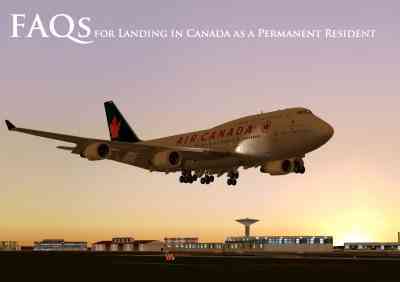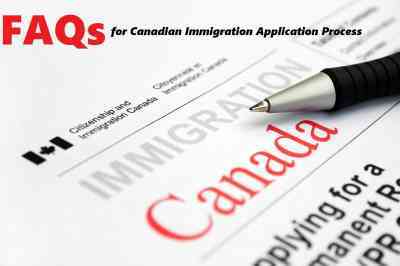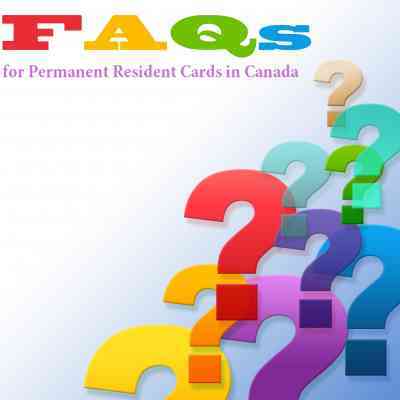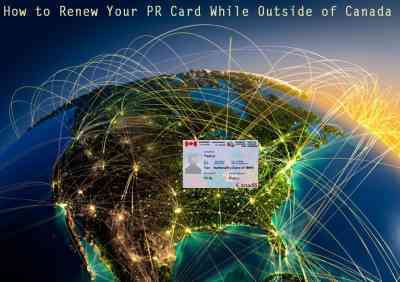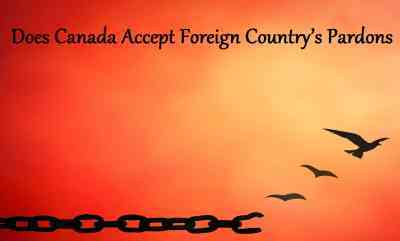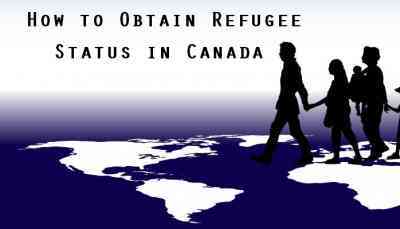The Process of Renewing or Changing your Study Permit in Canada
In Canada, in order for foreign nationals to legally study, they must obtain a study permit. Once a study permit has been obtained by a foreign national and they wish to either renew their study permit to continue their studies or to change their study permit to go to a different designated learning institution, they must properly apply to do so. This is essential especially if the study permit will expire. Additionally, a foreign national must ensure that they do not overstay their authorized visit. Therefore, in this article, I will explain what a study permit entails and how to proceed with renewing or changing your study permit to study and remain in Canada.
What Does a Study Permit Entail
A study permit must be obtained prior to arriving in Canada to study. A study permit essentially allows the foreign national student to study in Canada temporarily. It is important to note that a study permit is a requirement set out by the government of Canada in order to assess potential students that wish to come to Canada to study.




